(June 2, 2022) Hundreds of patients have passed through the able hands of Dr Venu Kavarthapu since he first began working at King’s College Hospital in London, in 2006. Appointed as an orthopaedic consultant, Dr Venu soon realised, as he treated diabetic patients with foot problems, that surgical options were very limited. More often not, amputation was the only measure. His experiments with External and Internal Fixation techniques remained largely unsuccessful. Dr Venu decided to study the problem himself, developing, over years of extensive research, a surgical technique that revolutionised diabetic foot management. He went on to become the first doctor in the UK to have fully reconstructed a diabetic foot. Now a world-renowned surgeon with over 200 specific complex diabetic foot reconstructions behind him, Dr Venu’s surgical procedure became part of a multidisciplinary Centre of Excellence for Diabetic Foot Management at Apollo Hospital.
“Diabetic foot reconstruction surgery is a very complex procedure and requires advanced fellowship training,” explains Dr Venu, during an interview with Global Indian. “Multidisciplinary diabetic foot team support is also critical. My techniques are now followed across the world to great success,” he smiles. Over the years, he developed rods, plates and screws designed especially for diabetic foot reconstruction surgery. It is, arguably, a revolution in the surgical field.
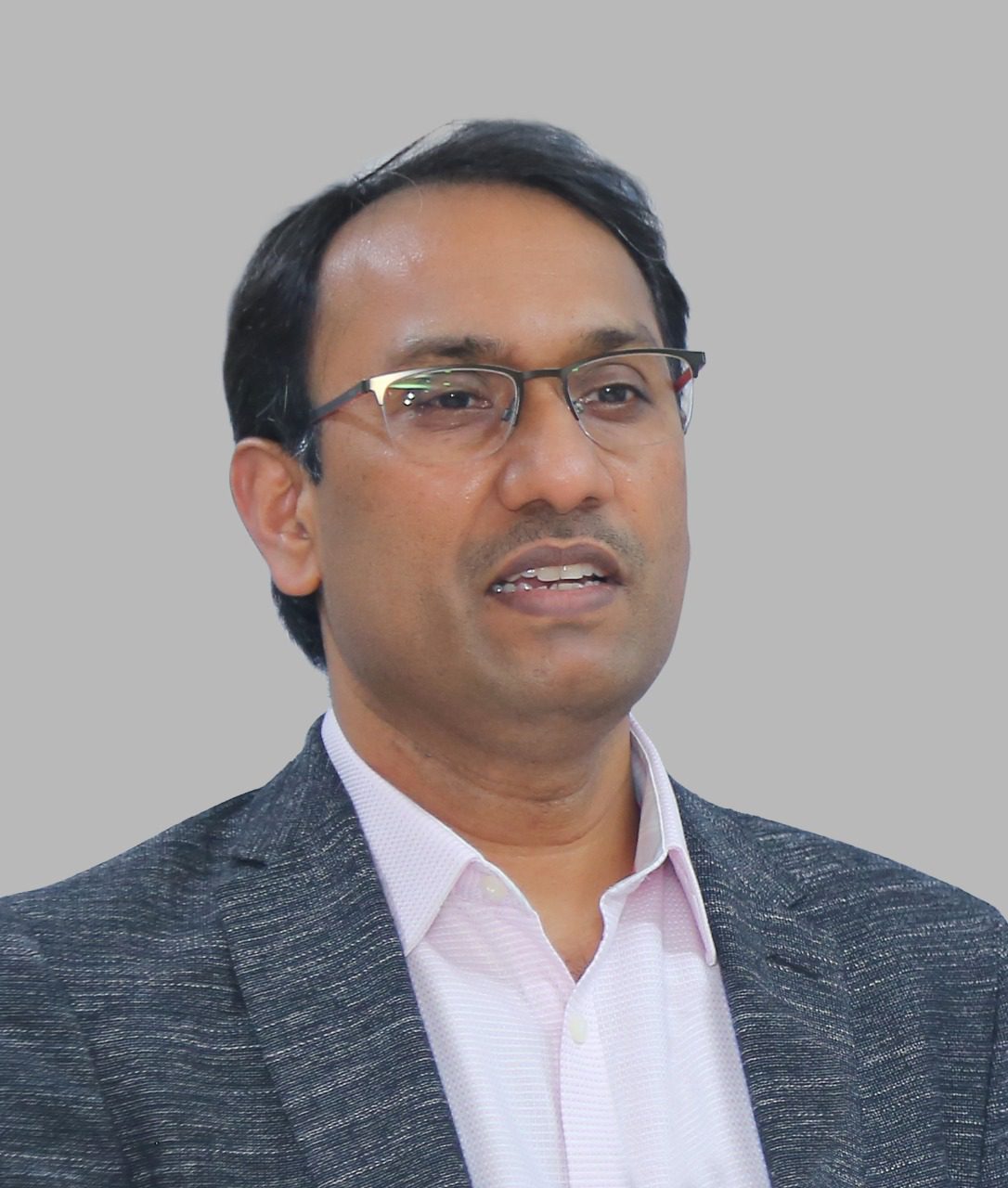
Dr Venu Kavarthapu
From rural AP to the UK
Dr Venu Kavarthapu was born in Tangutur, Prakasam district of Andhra Pradesh in 1970. His parents — Srinivasa Rao and Ramadevi had been into cloth dyeing work. The youngest of four brothers and inspired by an older, studious sibling, Prasada Rao, Venu was the only child in the house to choose medical school over engineering. “My mother encouraged me,” he says, by way of explanation. Venu did his MBBS from Guntur Medical College, graduating in 1992 with an interest in orthopaedics.
Travelling to the UK to train in orthopaedics was all the rage in India at the time and like many of his peers, Dr Venu set off for foreign shores. “My elder brother funded my travel to England in 1995,” he recalls. He completed his FRCS in 2003 and then did an MIS and Computer Navigation Hip Surgery Fellowship in Los Angeles. He then returned to London for a Hip Surgery Fellowship and the London Foot and Ankle Fellowship. Following this prolonged training period, Dr Venu was appointed as an orthopaedic consultant at King’s College Hospital in 2006, where the Indian doctor provides specialist services on hip, foot and ankle disorders.
Orthopaedics at King’s Hospital
“When I joined King’s Hospital, I was approached by Professor Michael Edmonds, a world-renowned diabetic foot physician, to become the orthopaedic member of his diabetic foot multidisciplinary unit. I accepted his offer and established the diabetic foot reconstruction service in our unit, which soon became the national referral centre,” says the Indian doctor, who was given the post of an Associate Professor of Orthopaedics, the only one in the entire orthopaedic department at King’s College Hospital, in recognition of his work.
When Dr Venu began working at King’s College Hospital, surgery was not offered as treatment for deformed diabetic foot. Surgery attempts had yielded poor results globally and treatment was limited to “callipers and casts, with some amputations,” Dr Venu explains. “On the other hand, I had seen patients crippled by arthritis and other knee, hip or ankle injuries, all getting back to normal following replacement procedures. I wanted to provide similar surgical solutions to diabetic foot patients so they can be mobile again,” says the surgeon, who established the Hip Arthroscopy (hip keyhole surgery) and small incision Hip Replacement surgery in the hospital.
If the shoe fits… finding surgical solutions
Today, Dr Venu’s services are sought after the world over, with patients clamouring for his diabetic foot reconstruction surgery. He used the techniques he “had originally designed for midfoot and hindfoot reconstructions and continued to develop surgical techniques for combined midfoot and hindfoot deformity corrections, which became highly successful,” he explains.
Despite the pressing nature of the problem Dr Venu was trying to address, his efforts at a solution were met with resistance and scepticism from clinicians and healthcare groups, who felt his techniques wouldn’t work. “I persevered,” he states, slowly developing the reconstruction process and then publishing research work on the new techniques as well as their improved outcomes. “As the scientific evidence on the success of our techniques became evident, many diabetic foot surgeons globally started visiting my centre to learn this technique,” informs Dr Venu, who went on to establish ‘Charcot Foot Reconstruction Cadaver Workshop’ for surgeons, to provide practical training on the surgical techniques used.
For infected diabetic foot deformities, the Indian doctor developed a ‘Staged Reconstruction’ approach, that involved the first stage of infection eradication surgery, followed by another round three months later, which includes reconstructing the deformity. “This technique has now become the gold standard of treatment across the world,” says the doctor, who runs short visitation fellowship programmes for overseas doctors including those from India. He has hosted about 100 specialists from Europe and USA over the past 10 years.
All diabetic foot reconstructions require extensive and prolonged clinical assessments, patient preparation and surgical planning. “Badly infected diabetic foot deformities are extremely complex to reconstruct, and the treatment is more expensive. The surgery needs to be done in stages and is very meticulous and is similar to the surgery performed for removing cancer tissue,” says the doctor, who runs the only diabetic foot fellowship programme available in the UK and has trained about 10 surgeons over the past nine years since the start of the programme.
Philanthropy at home
In India, where a large portion of healthcare is provided in the private sector, the common man may find it difficult to afford such care. “The expenses come in the form of doctor consultations and hospital costs. Most diabetic foot doctors in India work in isolation and do not have access to a multidisciplinary team,” feels Dr Venu, who was awarded with an Honorary membership by the Indian Orthopaedic Association in recognition of his services.
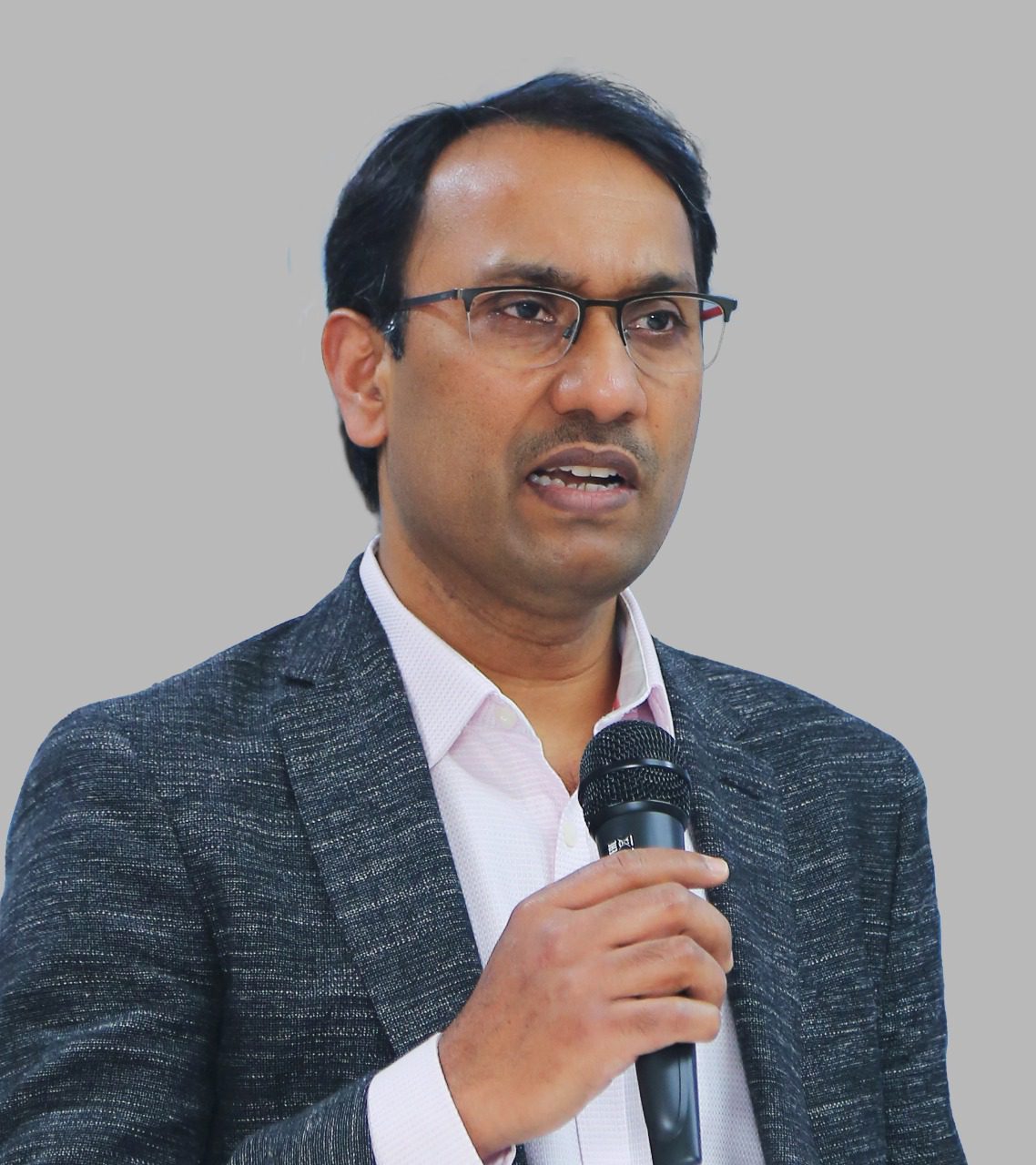
Venu Kavarthapu, Founder of UKIDFF
To address this issue, the Indian doctor recently set up a charity called UK India Diabetic Foot Foundation- UKIDFF which provides free multidisciplinary team advice from a large panel of experts to the doctors in India on diabetic foot treatment. UKIDFF also has plans to arrange medical camps in India in future and provide free treatment to poor patients with support from philanthropists.
Asked about the cost of the complex surgery, Dr Venu says the hospital costs for diabetic foot reconstructions are variable and depend on the complexity of the procedure. “Routine diabetic foot reconstruction surgeries performed in the early stage of the disease, cost much less. However, late presentation cases often require complex surgical procedures and can be very expensive,” explains Dr Venu, whose wife Lavanya is an IT professional.
A writer and a teacher
His association with Indian Orthopaedics has been very close since he became a consultant. “I ran British Indian Visiting Orthopaedic Fellowship programmes and hosted over 100 senior orthopaedic consultants from various parts of India in my Hip Unit,” says the specialist, who also appointed many junior orthopaedic consultants from India in his Orthopaedic department for a two-year specialist training.
Keen on spreading his skills and knowledge, Dr Venu Kavarthapu regularly pens articles in scientific journals, writes textbook chapters, teaches in webinars and speaks at various national and international meetings. This year alone, he will be participating in 17 webinars and speak in 11 meetings globally. “A large part of my teaching contribution is to India at present,” smiles the father of two, who was elected as the President of Indian Orthopaedic Society UK and most recently as the President of the International Association of Diabetic Foot Surgeons.
His busy schedule leaves him with little time for family. “Going on walks to local greeneries in Kent and London with family, watching TV or movies and playing games is what I do in my free time,” smiles Dr Venu, for whom Europe is the best holiday destination. The Indian doctor ensures he maintains a healthy diet and does physical activities in moderation.


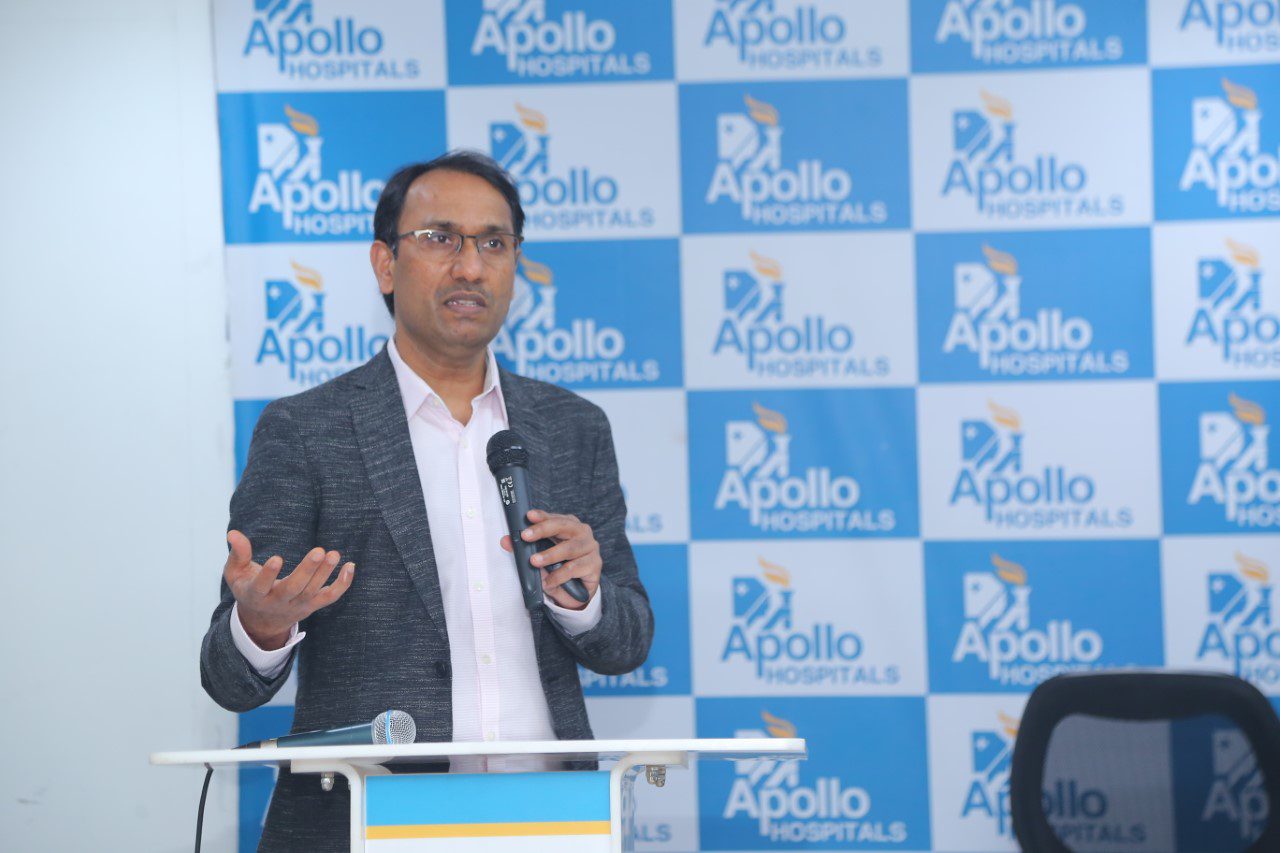
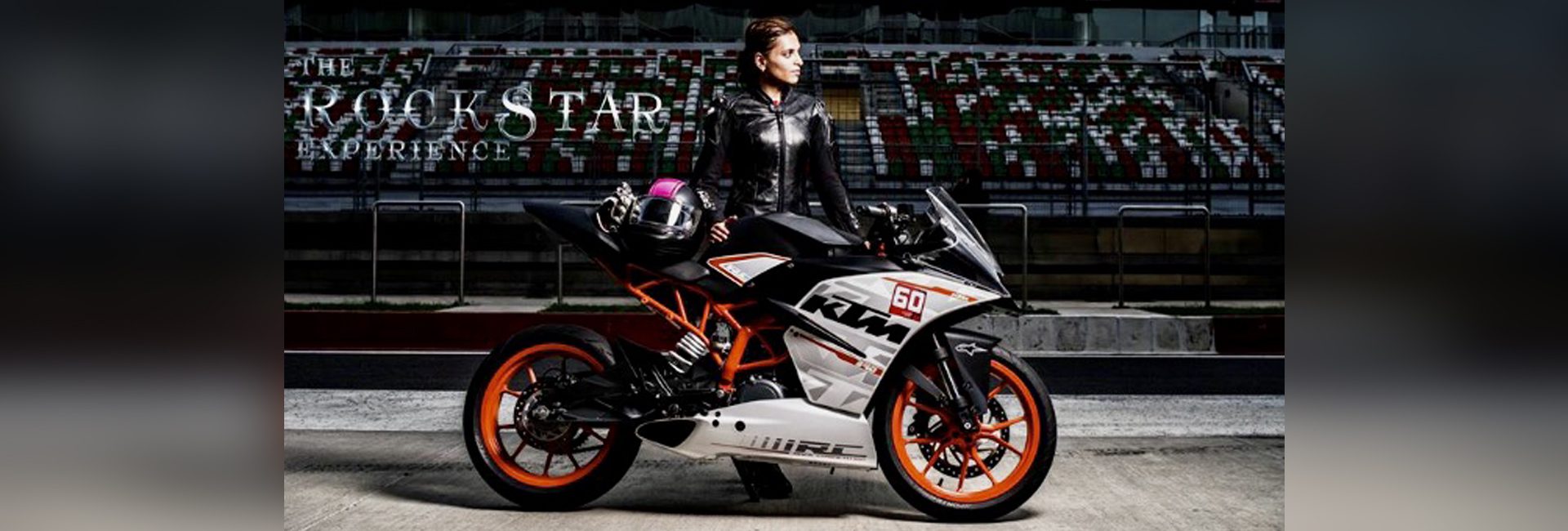
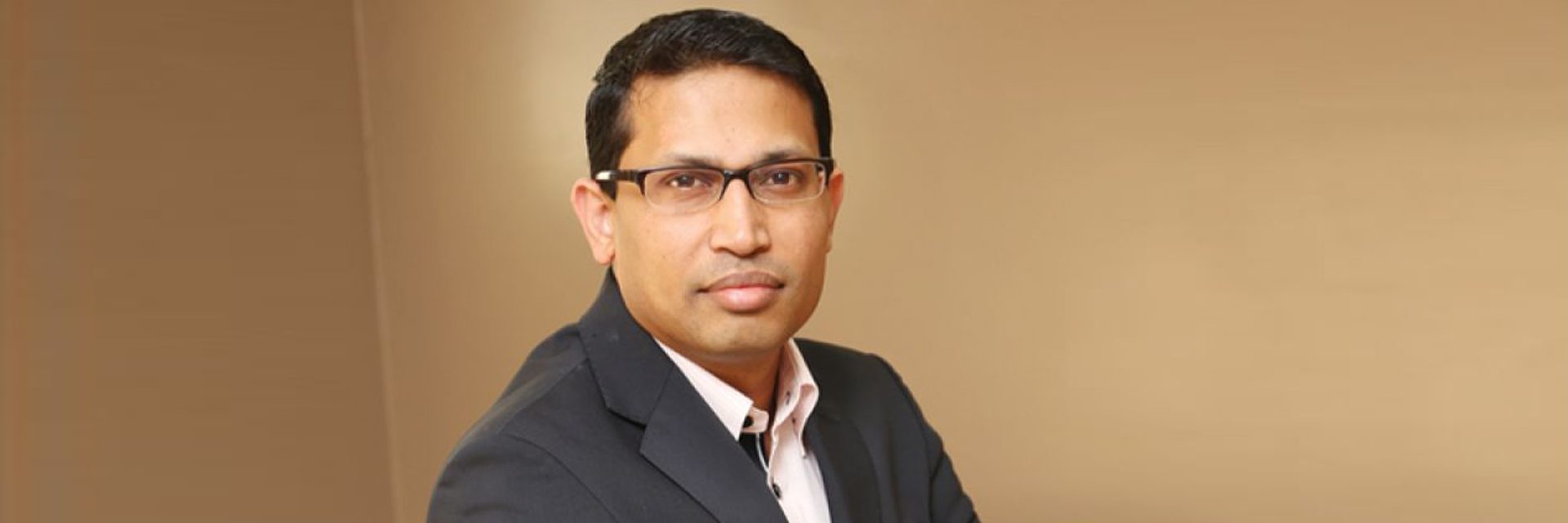

I am proud of my uncle, he is most dedicated towards his work and he is concerned for everyone’s health in our families. I wish my uncle, many more such patents in your kitty in coming years..!